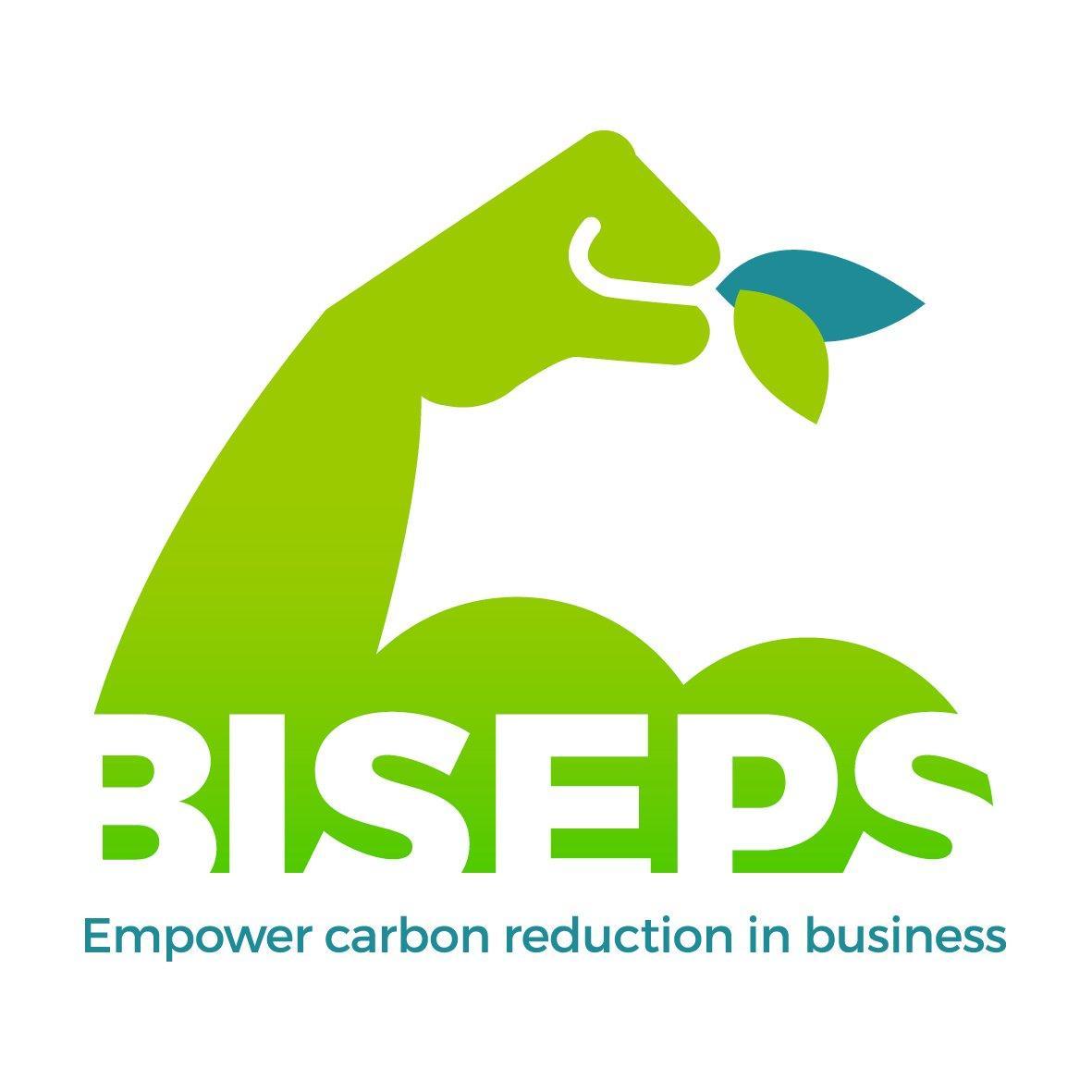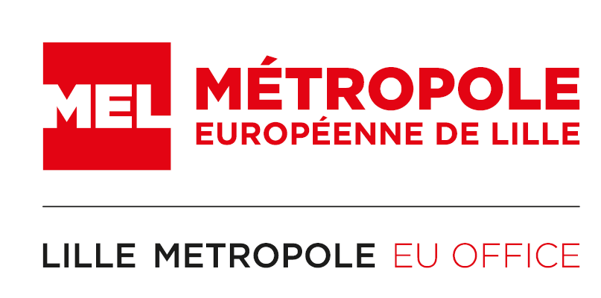Environment and climate transition

Lille Metropole shows strong political willingness to implement substantial environmental initiatives, promoting clean energies, alternative transportation modes in order to create a green and carbon-neutral urban space by 2050.
To this effect, Lille Metropole has adopted its Climate Strategy [Plan Climat Air Energie Territorial] as well as one of the first Climate budget for a French local authority. The climate strategy goals are to : mitigate climate change effects by reducing energy consumption, reduce atmospheric pollution and to adapt to the consequences of climate change in order to reach the carbon-neutrality by 2050, in line with the European goals.
Lille Metropole actions in term of environment and climate transition concerns as well the waste treatment and circular economy policy, watergournd table protection, protection against noise, ...
44%
of rural areas
3.000 GWh
of green energy
2200 V'Lille rental bikes
in 223 stations
270
electric vehicles charging stations
Lille Metropole environmental competencies :
- Circular economy
- Zero carbon cities
- Energy transition
- Water Management
- Transport & Mobility
Fives Cail
Since 2001, Lille Metropole has initiated the "Fives Cail ecodistrict project", which aims at transforming a 25ha brownfield site into a qualitative, energy-efficient living and working space, in order to create a neighbourhood based on a new urban lifestyles.
| ERDF co-financing: | Total budget: |
| 5.8M€ | 8.6M€ |
Waste generator of Halluin
In 2017 has begun the “heat highway” project: 20km of water pipes heated thanks to waste incineration. Indeed, the waste incinerator of Halluin transforms up to 1000 tons of waste daily, producing more than 500 GWh per year. The Halluin centre and the "Heat highway" project are the spearheads of Lille metropole methanation policy.
| ERDF co-financing: | Total budget: |
| 13M€ | 75M€ |
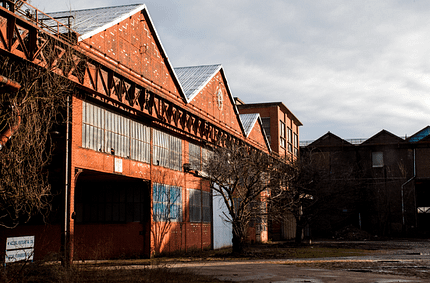
Sustainable agricultural management
More than 40% of the metropolitan area is rural and a lot of agricultural activities are developed on the territory. It is therefore a major issue to tackle, as the consequences of climate change are increasingly tangible as evidenced by the droughts, the hydric stress as well as by the soil erosion undergone every year. Thus, Lille metropole has designed ambitious adaptation strategies in the fields of water management and agricultural policy.
For instance, one of Lille metropole's top-priority is now to carry out the sector's climate transition, enabling a sustainable food policy, favouring local distribution networks. One of the policy's most representative initiative is the Wavrin market garderning and horticulture zone. This 35ha-wide area hosts farmers using sustainable methods, making it the spearhead of Lille Metropole ambition of a sustainable food policy.
Sustainable housing
Sustainable housing is key to the ecological transition process. However, it remains a costly and complex initiative. Therefore, Lille metropole has implemented the Amelio+ network, that allows any citizen living in the metropolitan region to benefit from technical and juridical advices for any sustainable renovation or construction projects.
Moreover, public subsidies can be granted to low-income homeowners to help sustainable renovations projects. Since its implementation in 2012, this programme has supported more than 2000 households.
Lille Metropole has also implemented an innovative strategy to recycle vacant properties to re-put 2.000 housing units on the market, in order to invest in a sustainable housing policy through its public society "la fabrique des quartiers".
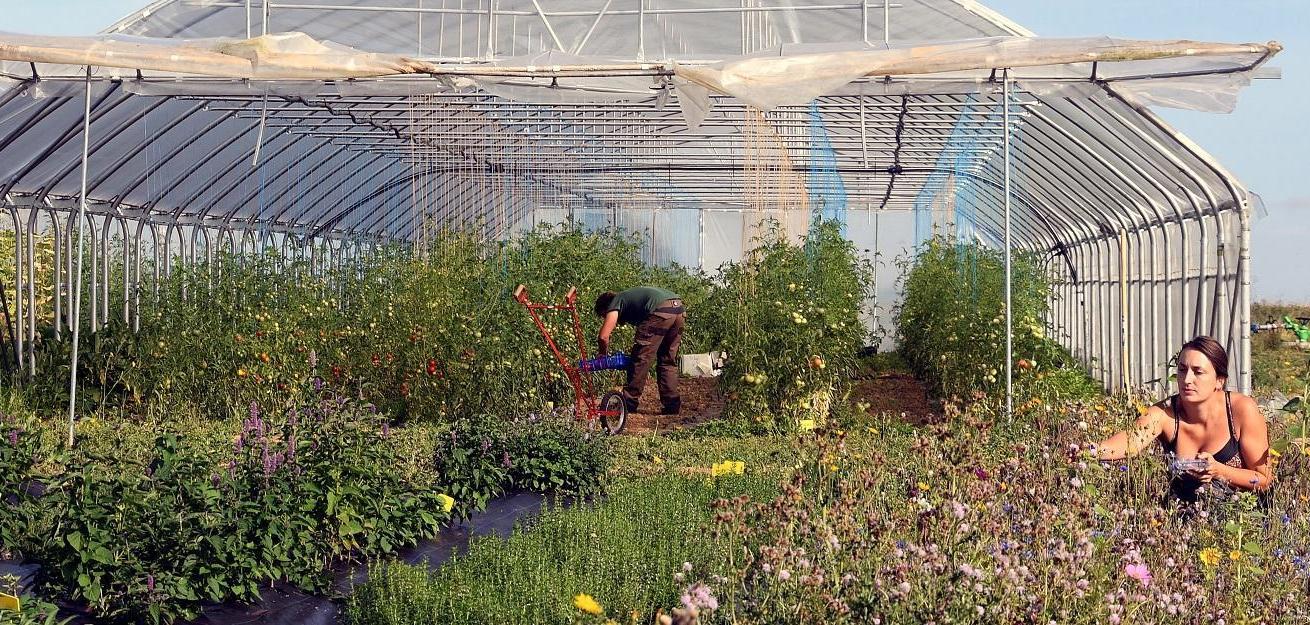
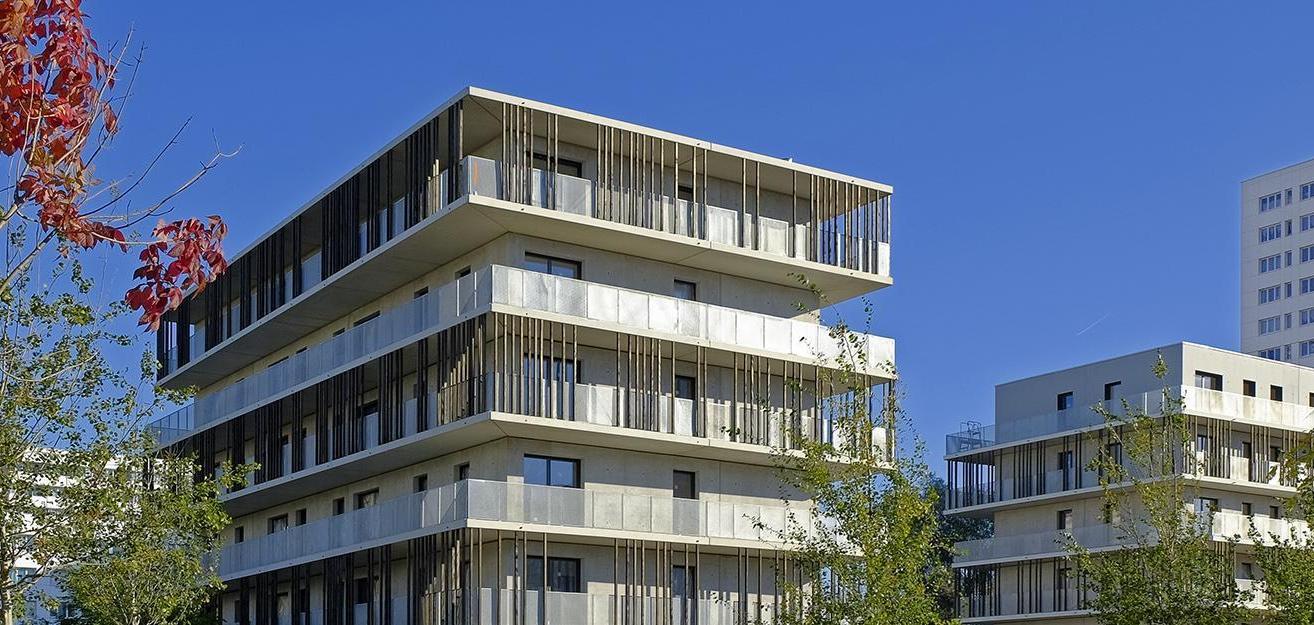
Sustainable soil & water management
In order to tackle the negative effects of climate change such as droughts, soil erosion or hydric stress, Lille Metropole has designed the "Water Warden" [Gardienne de l'eau] policy, that prohibit any urban development on the top of the territory's water catchment areas.
Indeed, the main groundwater table is situated south of the urban region.
From now on, it will not be possible to develop any new urban infrastructure. Instead, the policy aims to redevelop blue and green infrastructures in order to revigorate the local wildlife.
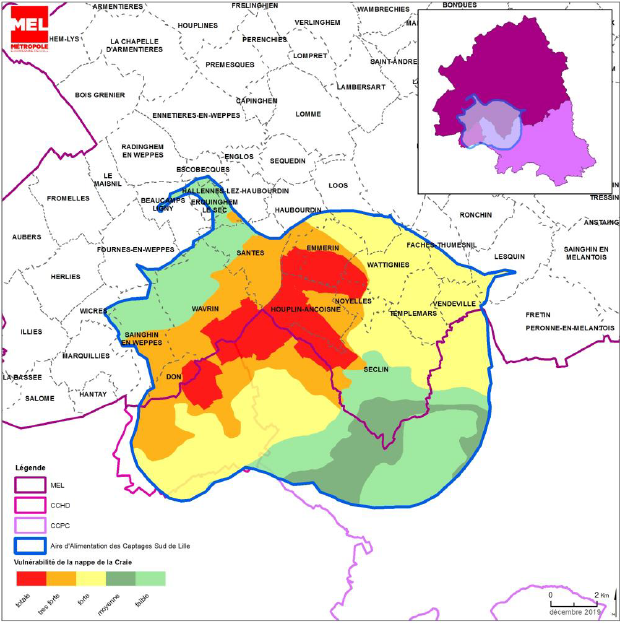
Sustainable mobility
To create the most sustainable environment for its citizens, Lille Metropole is acting in order to implement sustainable transports in the urban area. Lille Metropole is one of the first French urban territory to equip itself of an automated subway, in the early 1980's.
The "cycle policy", for instance, initiated in 2016 has allowed the creation of 100 more km of cycle-path, in order to democratize the use of bycicle in the urban territory. Moreover, hundreds of electric vehicles charging stations have been implemented throughout the region to encourage the territory's users to choose climate neutral transport facility.
Learning from the best initiatives developed by other European cities or regions, Lille Metropole has created a urban toll booth on the model of Rotterdam: commuters willing to follow congested roads outside rush hours will be remunerated consequently.
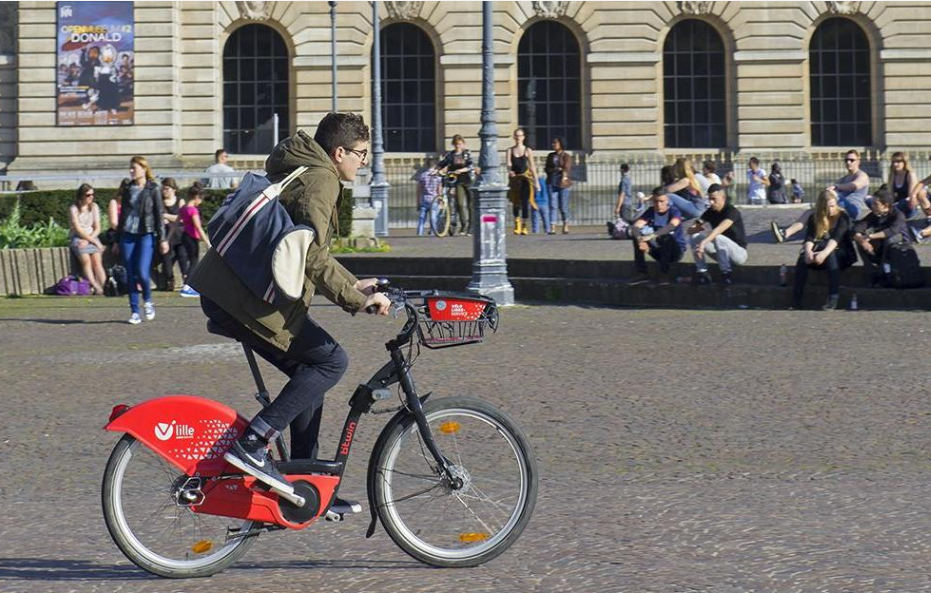
BISEPS - Business clusters Integrated Sustainable Energy PackageS - Interreg 2 Seas
BISEPS aims at removing existing barriers at the local and international level by facilitating exchanges on the subject of energy consumption by companies. Ultimately, the project will develop a generic BISEPS tool model to determine optimal low-carbon technological solutions for business clusters, without having to conduct time-consuming and costly feasibility studies.
Lille Métropole is focusing on identifying business parks for the launch of the BISEPS model. A first step is to mobilise pilot projects and carry out energy audits in business parks.
Project partners : WVI, POM West Flanders, Ghent University, Centre for Eco-Enterprise Development, Municipality of Breda, West Sussex County Council, …
| EU co-financing (2016-2020): | Total budget: |
| 145.470€ (60%) | 242.450€ |
For further informations: BISEPS
